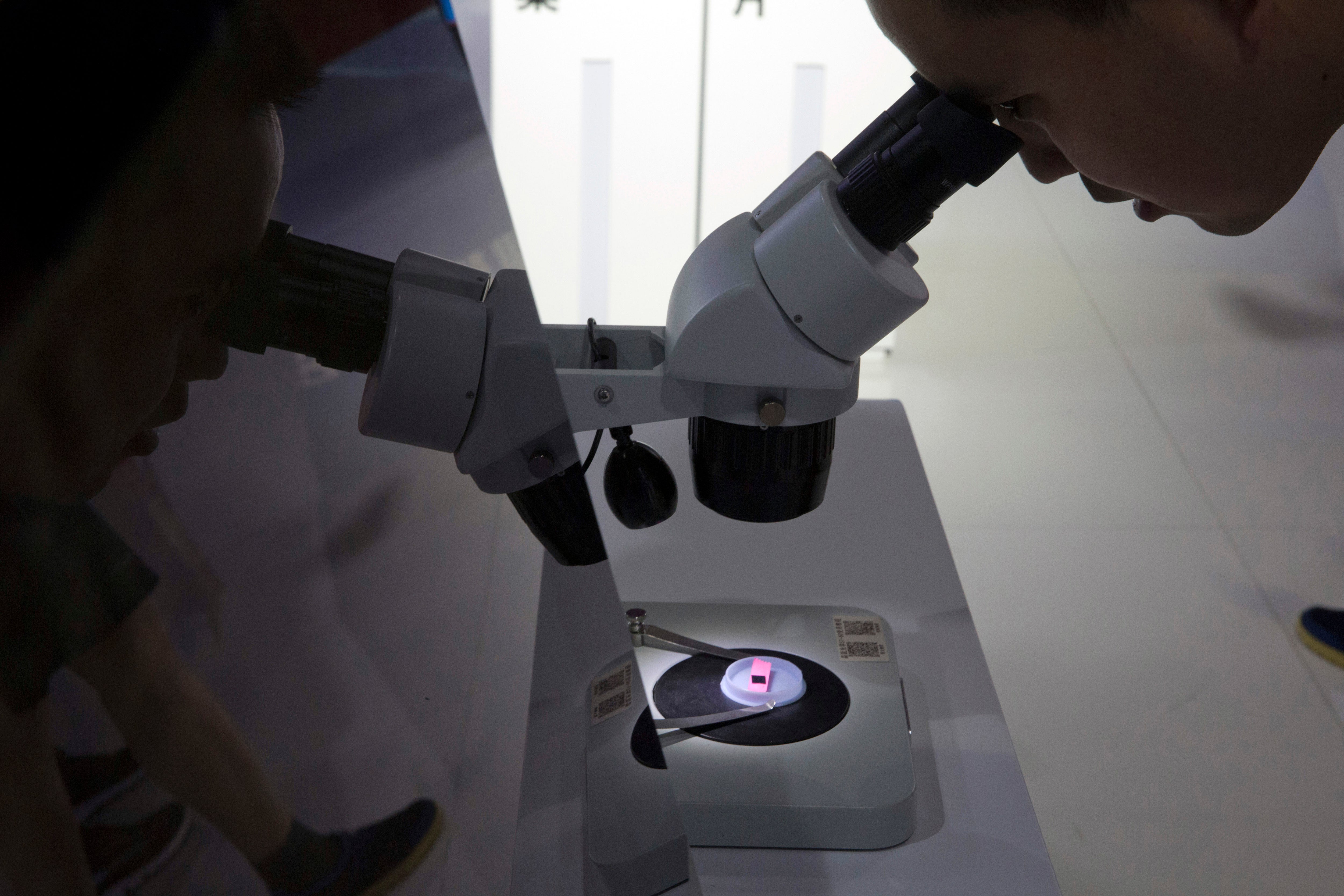Europe's strategy to boost its computer chip industry and compete with Asia gets final approval
European Union member states have given final approval for the bloc’s master plan to expand semiconductor production

Your support helps us to tell the story
From reproductive rights to climate change to Big Tech, The Independent is on the ground when the story is developing. Whether it's investigating the financials of Elon Musk's pro-Trump PAC or producing our latest documentary, 'The A Word', which shines a light on the American women fighting for reproductive rights, we know how important it is to parse out the facts from the messaging.
At such a critical moment in US history, we need reporters on the ground. Your donation allows us to keep sending journalists to speak to both sides of the story.
The Independent is trusted by Americans across the entire political spectrum. And unlike many other quality news outlets, we choose not to lock Americans out of our reporting and analysis with paywalls. We believe quality journalism should be available to everyone, paid for by those who can afford it.
Your support makes all the difference.European Union member states gave final approval Tuesday to the bloc's master plan to expand semiconductor production, clearing the path for its massive effort to slash reliance on Asia for computer chips vital for everything from washing machines to cars.
The European Council's ministers signed off on the EU's Chips Act, which will channel 43 billion euros ($47 billion) in public and private funds and allow state aid for the continent's semiconductor industry. EU leaders want to use the cash to kick-start massive investments for new chipmaking facilities, doubling the 27-nation bloc's share of global semiconductor production to 20% by 2030.
Asia accounts for most of the global production of semiconductors — a crucial role that was exposed during the COVID-19 pandemic, when supply chain disruptions resulted in extended shortages of autos, smartphones and medical devices.
Western governments are trying to wean themselves off Asia. The U.S. launched its own $52 billion Chips Act, and Britain has a smaller $1.2 billion chip strategy. Companies like Intel have unveiled ambitious investment plans for Europe.
Chips are integrated circuits embedded in a semiconductor, a material — notably silicon — that can manage the flow of electric current. The terms “chip” and “semiconductor” are often used interchangeably.
The EU Chips Act will take effect after it's published in the Official Journal of the European Union.